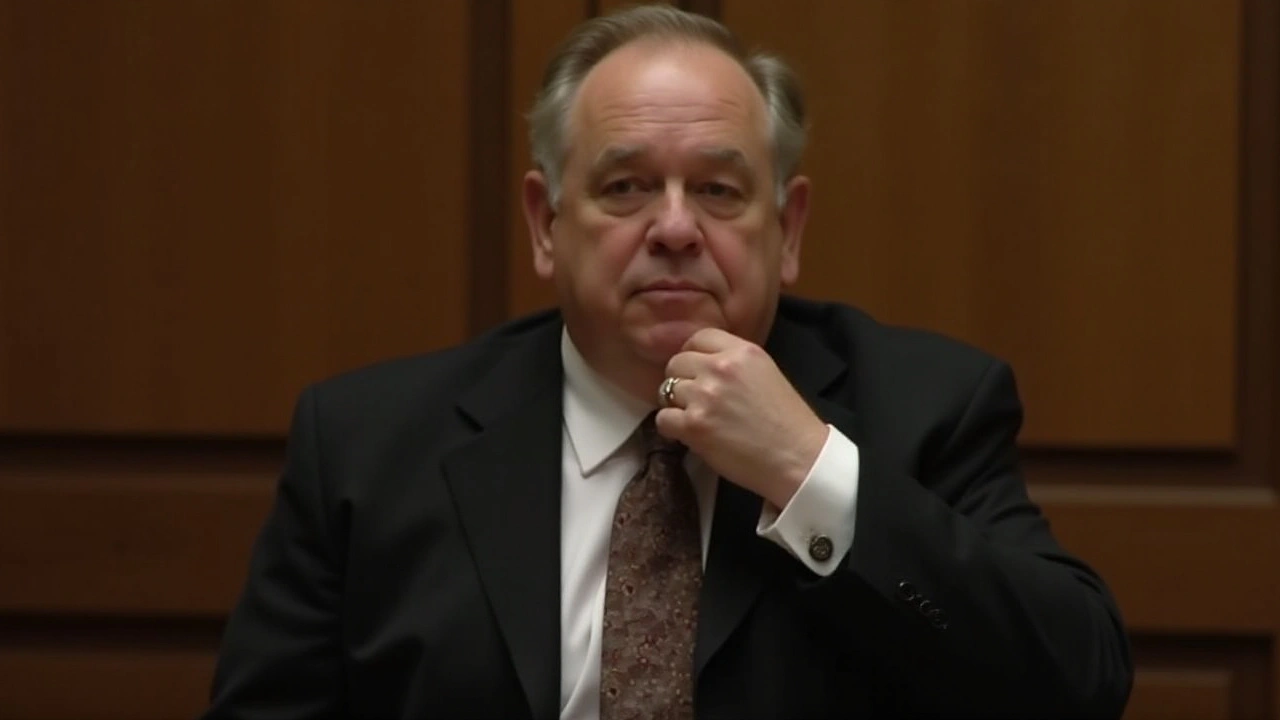Sexual Assault Charges: What You Need to Know and How to Respond
If you or someone you know is facing a sexual assault charge, the first thing to remember is you don’t have to go through it alone. The legal system can feel confusing, but knowing the basics helps you protect your rights and get the right help.
How a Sexual Assault Charge Starts
In most African countries, a sexual assault case begins when a complaint is filed with the police. The police will take a statement, collect any evidence (like text messages, photos, or medical reports), and then decide whether there is enough to move forward. If they think there is, they will forward the case to the public prosecutor, who decides if the suspect will be formally charged.
Being charged doesn’t mean you’re guilty. It simply means the prosecutor believes there is enough evidence to go to trial. From here, the case can take a few different paths: a plea bargain, a trial, or a dismissal if the evidence is weak.
What Happens After a Charge Is Filed
Once a charge is filed, the accused will receive a court summons. The first court appearance is usually a bail hearing. Bail lets the person stay out of jail while the case moves forward, but the judge may set conditions—like staying away from the alleged victim or checking in with a police officer.
If bail is denied, the person stays in custody until the trial. During the trial, both sides present evidence. The defense can call witnesses, challenge the prosecution’s proof, and raise any legal flaws. The judge (or jury, in some jurisdictions) then decides guilt based on the standard of "beyond reasonable doubt."
If the accused is found guilty, the court can impose several penalties: prison time, fines, community service, or mandatory counseling. In many places, a sexual assault conviction also carries a mandatory registration as a sex offender, affecting future employment and travel.
For the alleged victim, the process can feel invading. That’s why many countries have victim‑support services. These can include free legal advice, counseling, and a safe place to stay while the case is ongoing. If you’re unsure where to start, look for a local women’s shelter, a non‑governmental organization (NGO) focused on gender‑based violence, or a government hotline.
Reporting a sexual assault can be scary, but early reporting improves the chance of preserving evidence. Doctors can do a forensic exam (often called a “rape kit”) within a short window after the incident. If you wait too long, that evidence can disappear, making it harder for prosecutors.
Remember, the law aims to protect both the victim’s rights and the accused’s right to a fair trial. If you’re the victim, focus on your safety first—find a trusted friend, contact a support line, and get professional medical care. If you’re the accused, get a lawyer right away. A good lawyer knows how to challenge weak evidence and protect your rights throughout the process.
Every case is different, but staying informed makes the journey less overwhelming. Keep copies of all documents, note dates and names of people you talk to, and don’t hesitate to ask questions. The justice system works best when everyone knows what’s expected of them.
Sexual assault charges are serious, but with the right information and support, you can navigate the legal maze more confidently. Whether you’re a victim seeking justice or a person facing a charge, take the steps above and reach out for help—you don’t have to face this alone.
